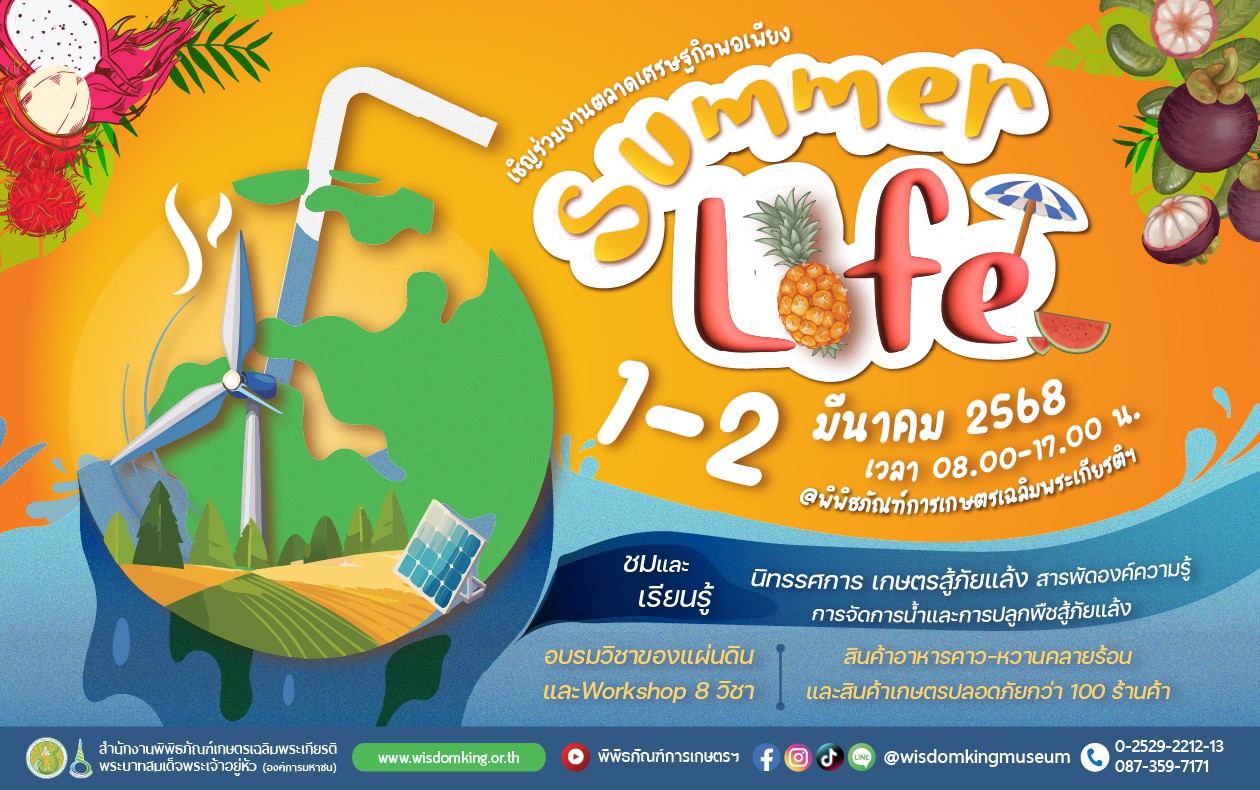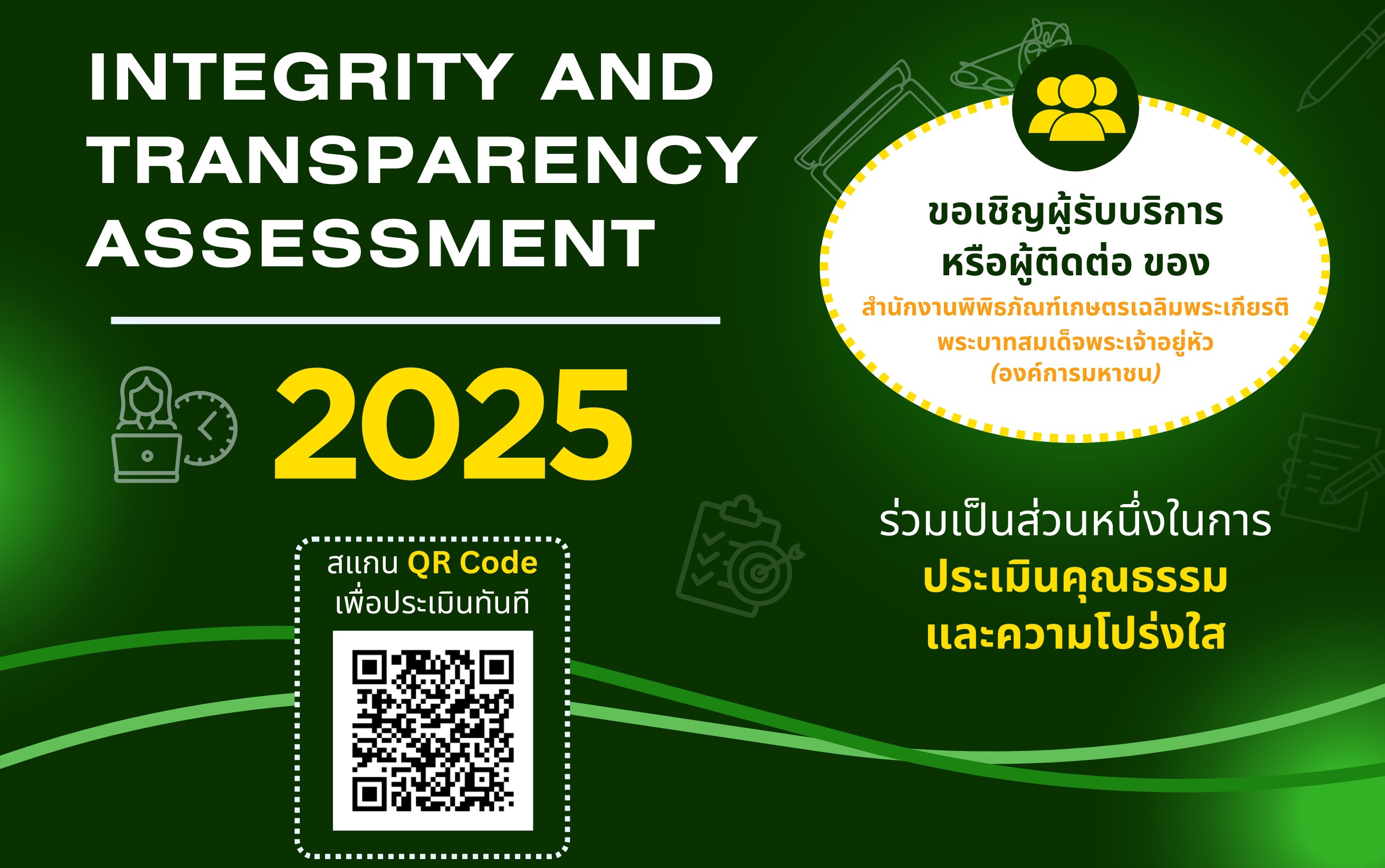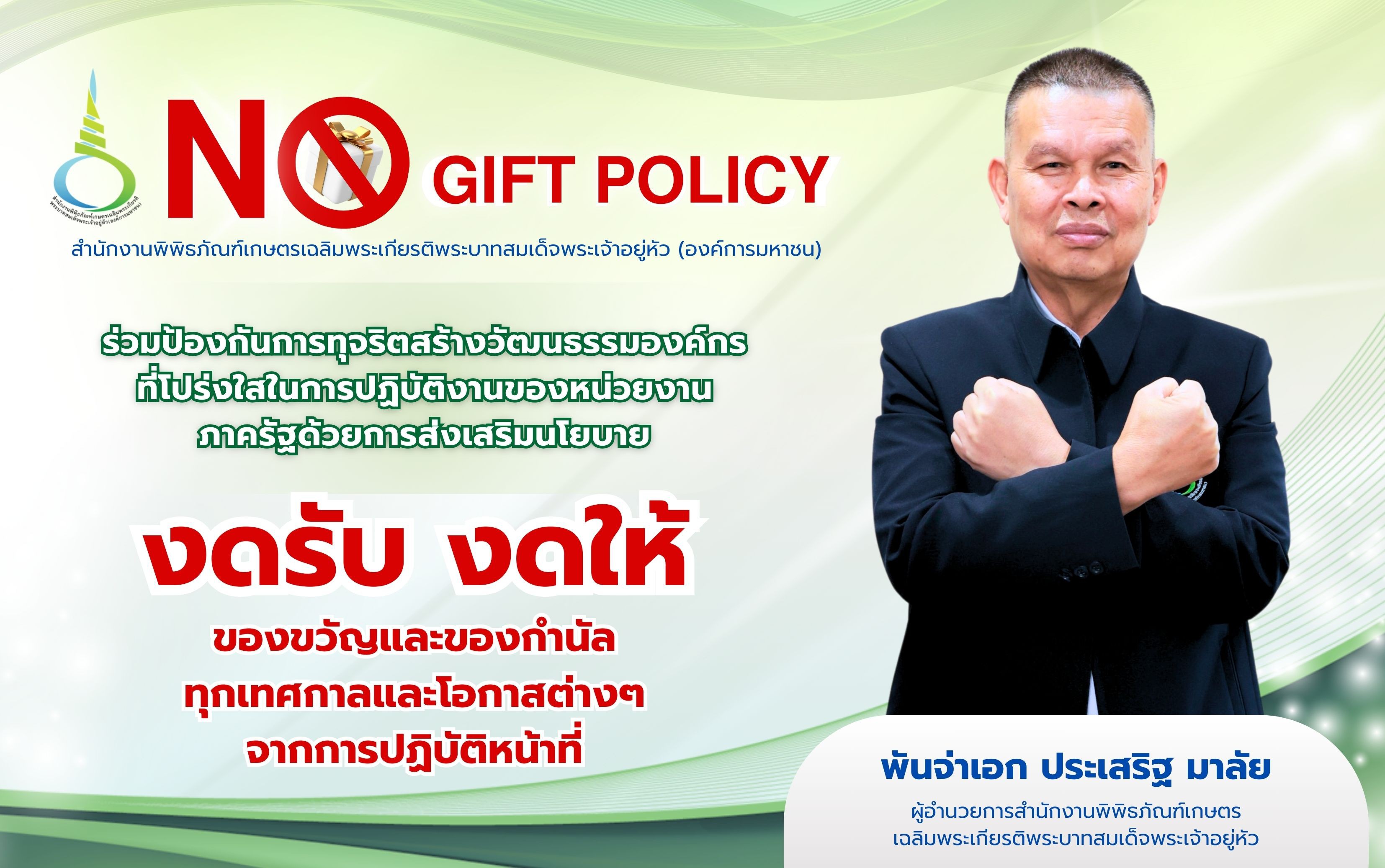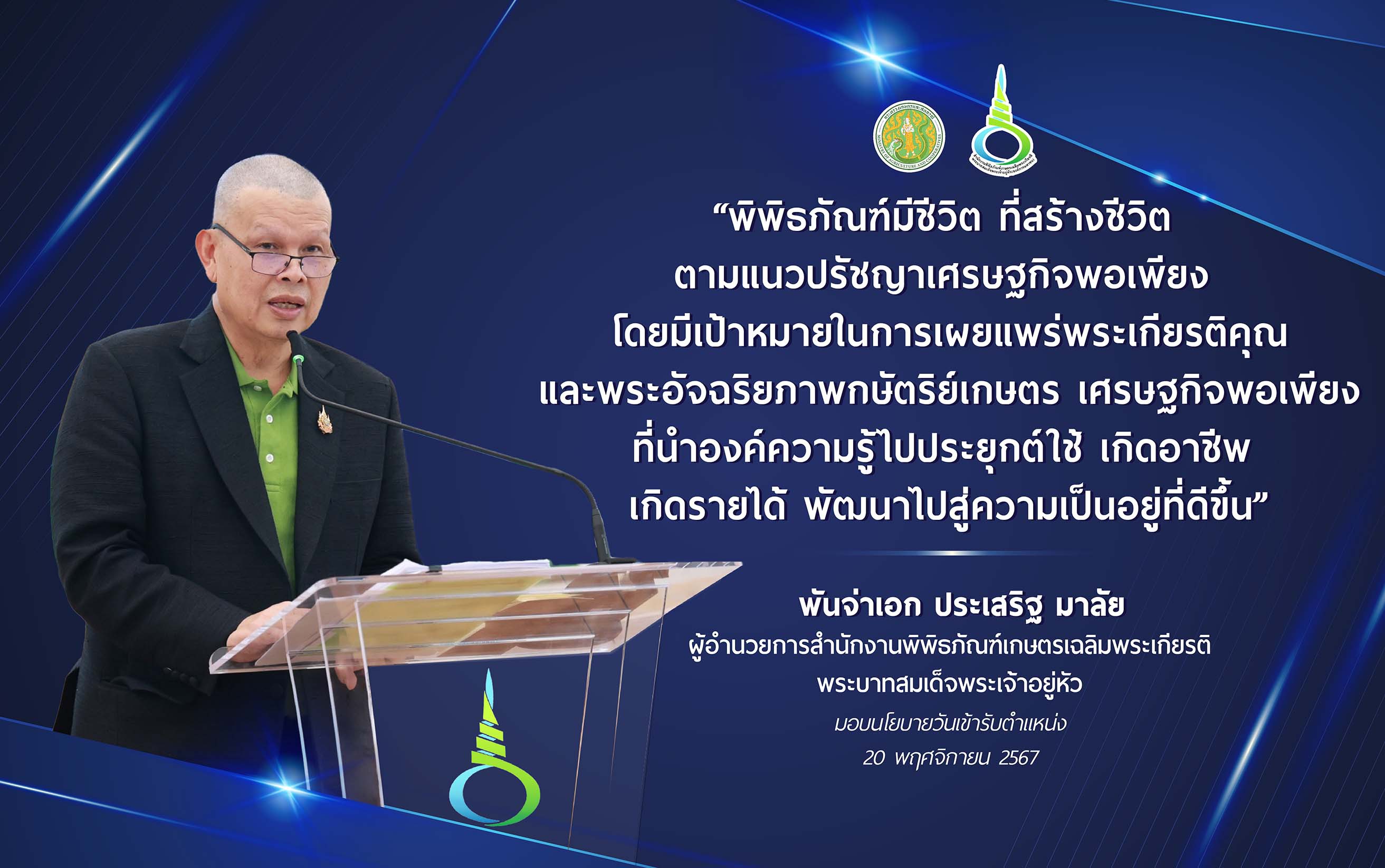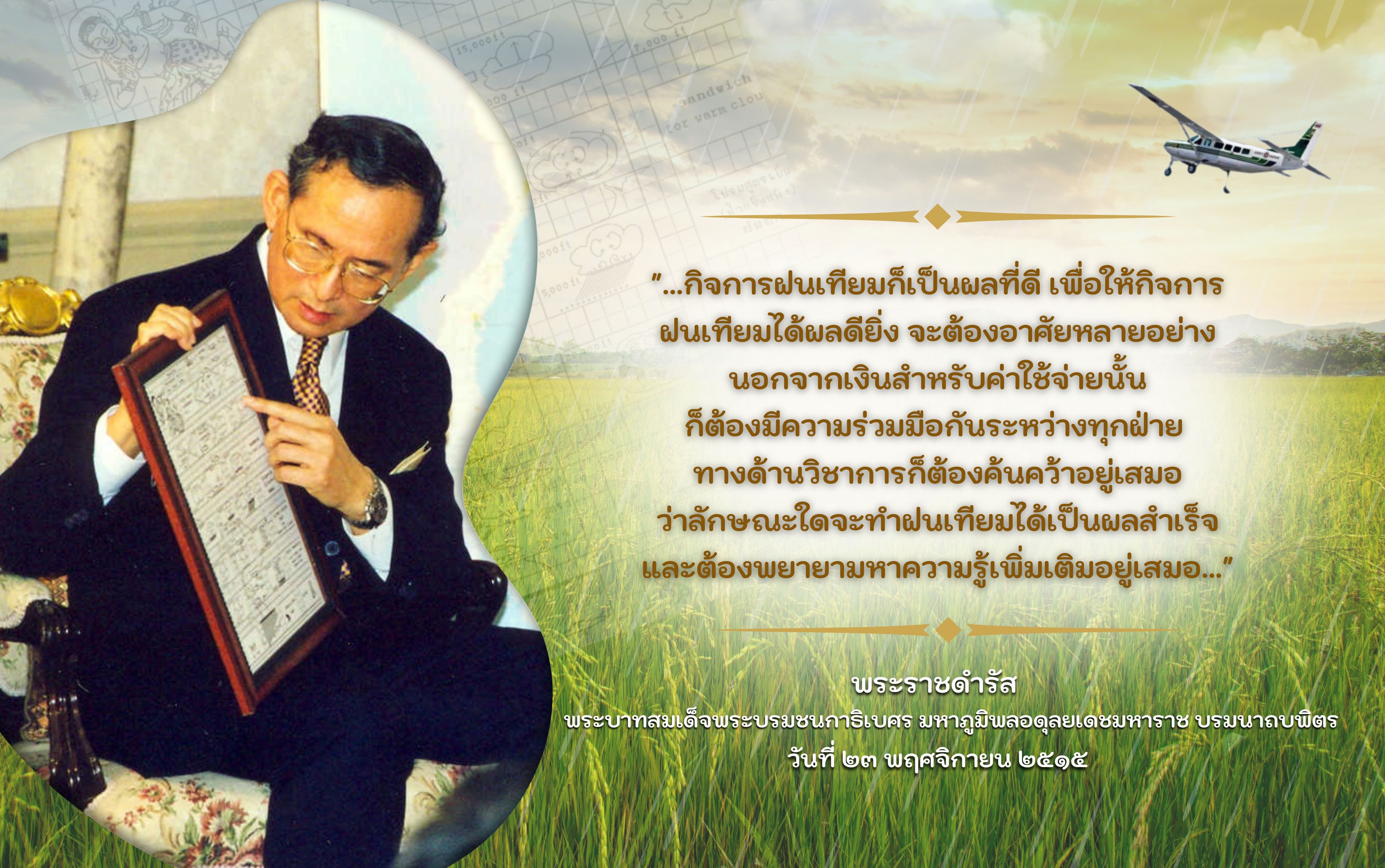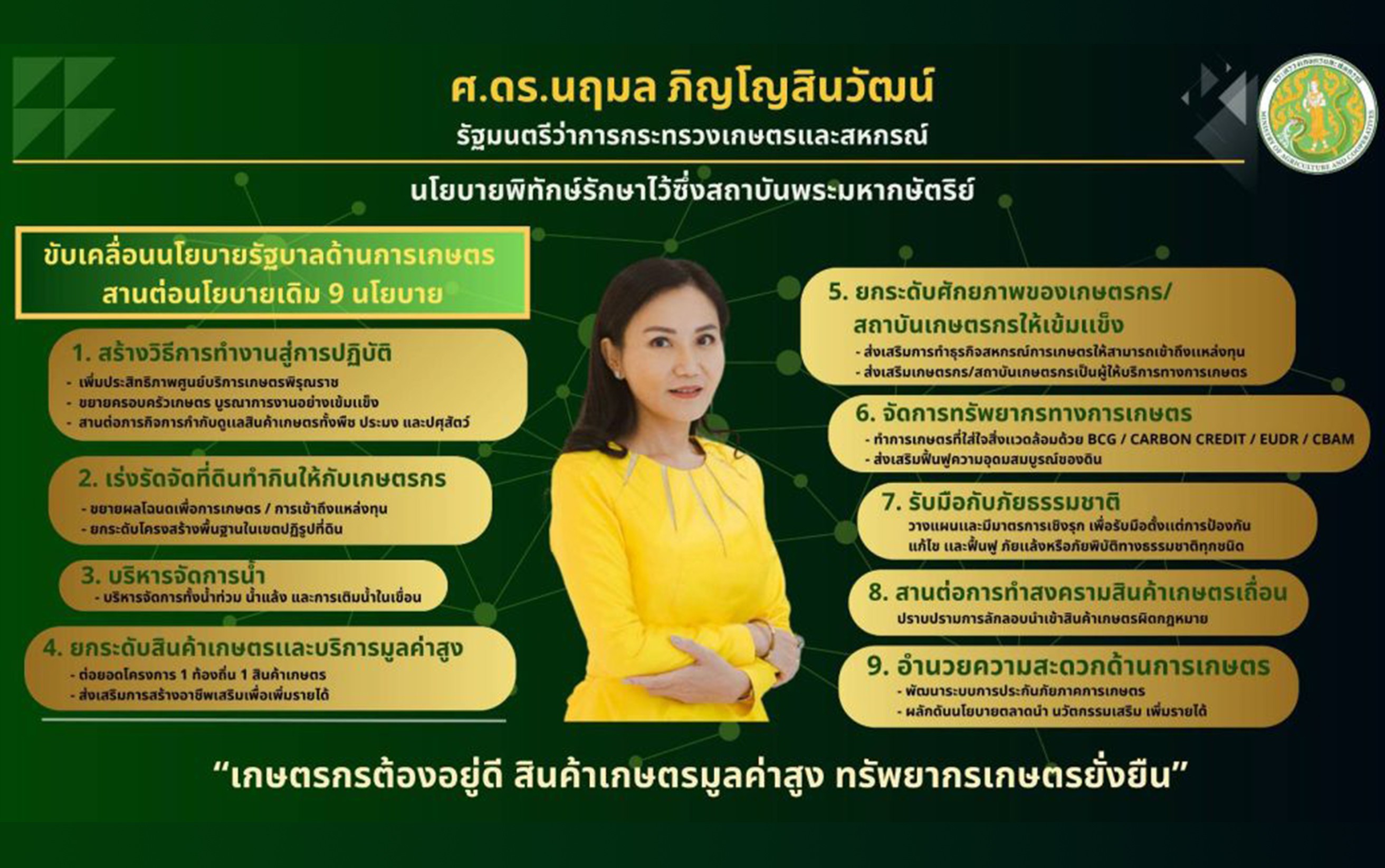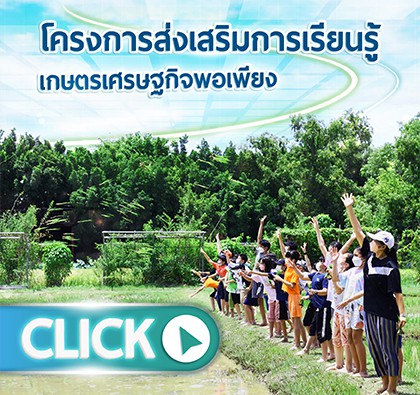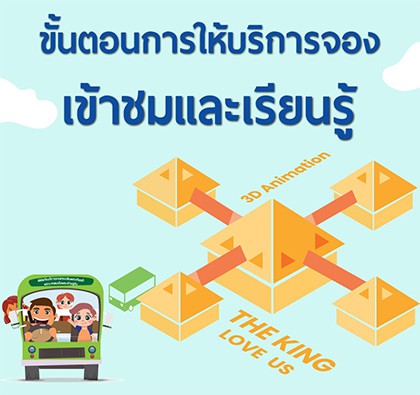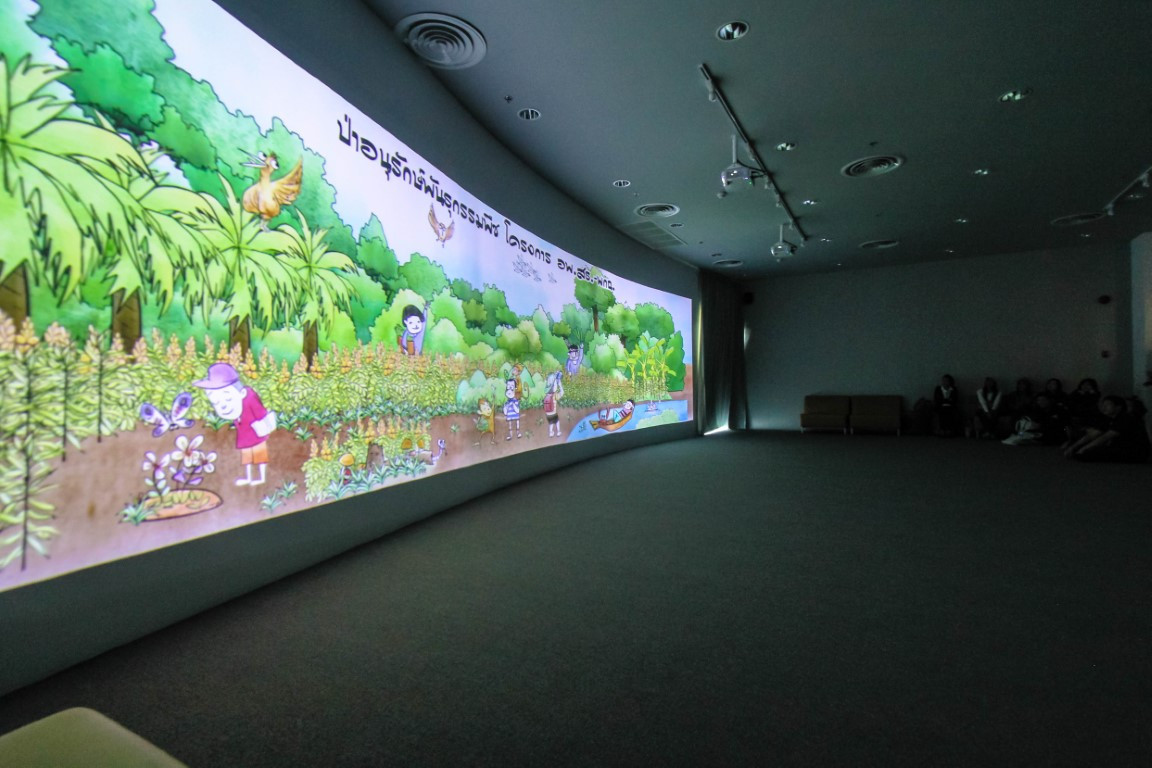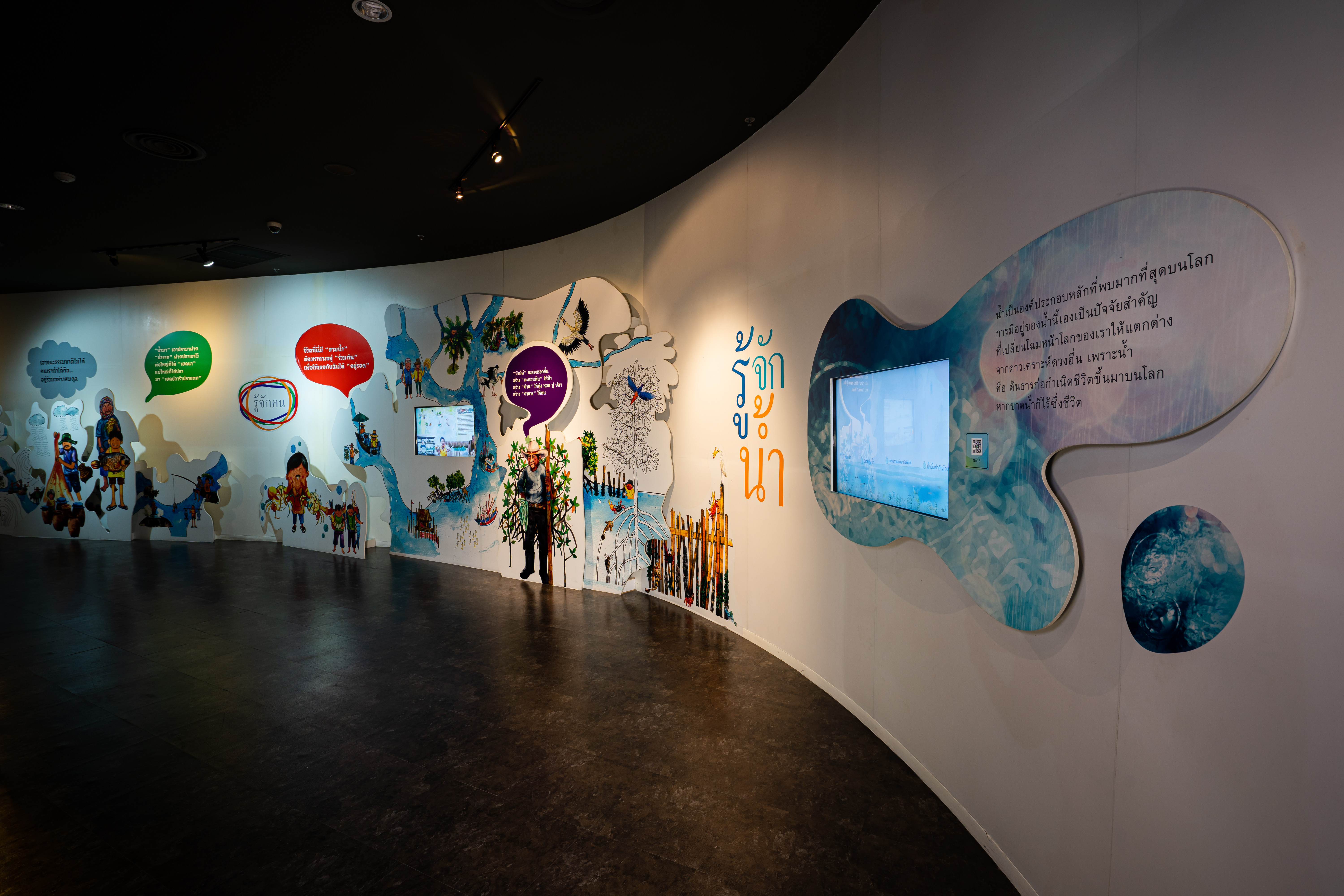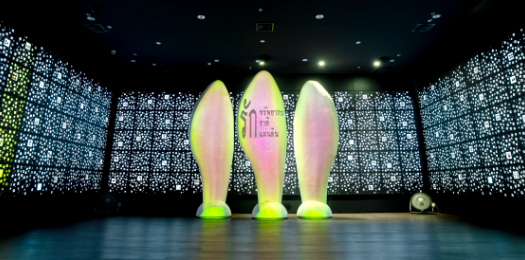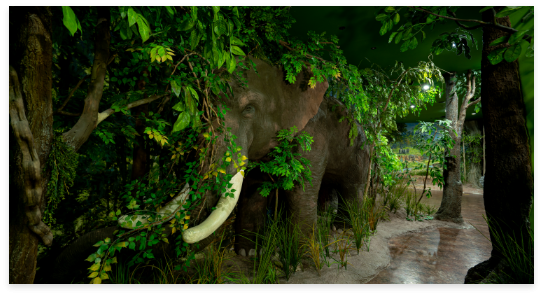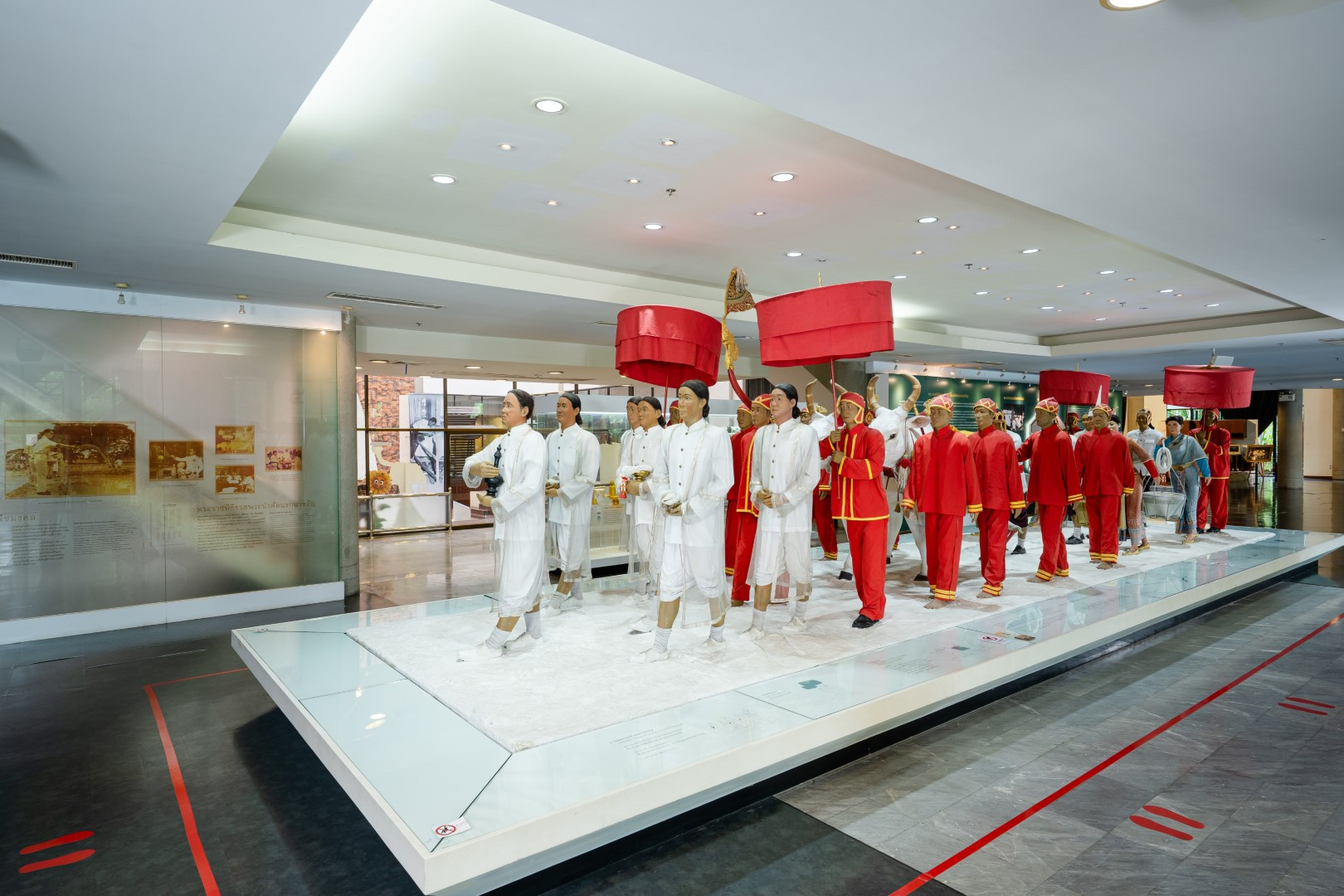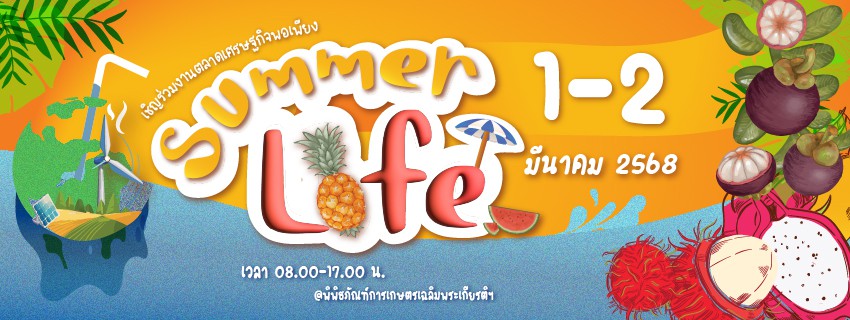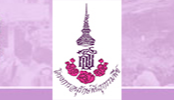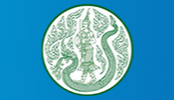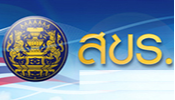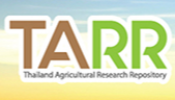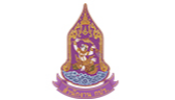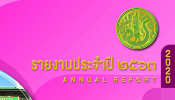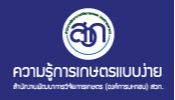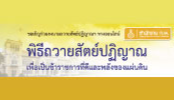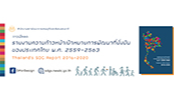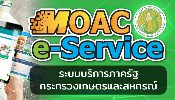OUR MUSEUM

News & Press
See all >-
27 ก.พ. 68
-
27 ก.พ. 68
-
26 ก.พ. 68
-
25 ก.พ. 68
-
25 ก.พ. 68
-
23 ก.พ. 68
Special Event
Agriculture Promotion Initiative for Sufficiency Economy
Agriculture courses have been established in accordance with the Ministry of Education's learning curriculum and government policy. It is intended to benefit students, private organizations, government agencies, and others with an interest in the subject. Participants in our agricultural learning courses not only acquire theoretical knowledge in the indoor museums but also have the opportunity to apply that knowledge in the outdoor museums. Understanding how to apply the Sufficiency Economy Philosophy (SEP) in practice relates to being self-sufficient in managing our land and water resources effectively. HM King Bhumibol Adulyadej the Great was an environmentalist who contributed significantly to the conservation of our country's natural resources, environment, and plant genetic species.
Two-hour, three-hour, and five-hour agricultural learning sessions are available. Additionally, overnight learning camps lasting two days and one night or three days and two nights are available.
Those interested in participating can download the application form.
Calendar of Events
2026-02-19
- Date
- Activity
- Remaining


 en
en th
th ch
ch
